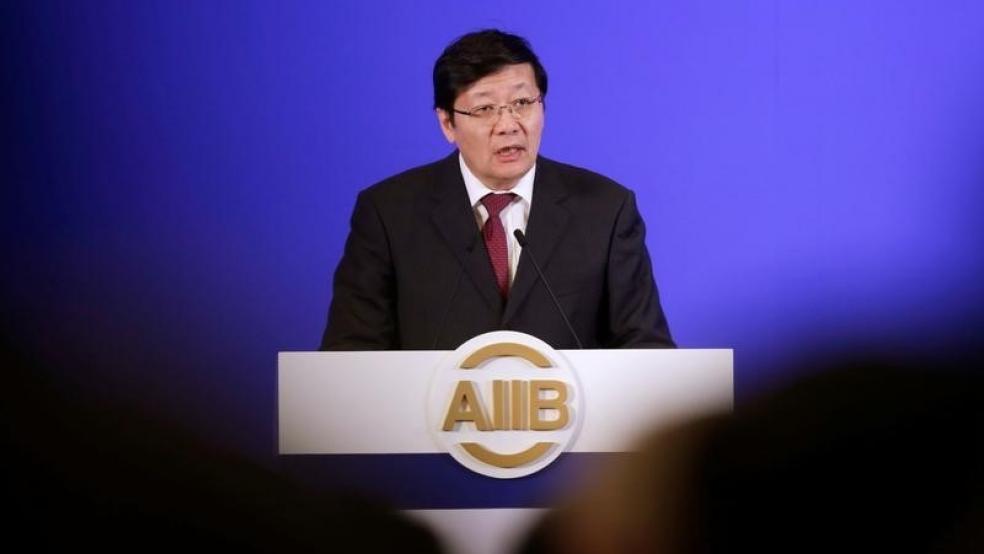South Korea's finance ministry said in a statement that the AIIB has been promoted to help funnel more investment money into the region while maintaining supplementary relationships with existing multilateral development banks.
"The government will make efforts in close cooperation with the major countries to help the AIIB possess a high level of standards in the areas of responsibility, transparency, governing structure and debt sustainability," it said. South Korea has demanded improvement in relation to the governing structure of the bank and other safeguards and there has been considerable progress on these issues, the ministry said, without elaborating."GDP will be an important factor in deciding each member country's stake," it said.Some prospective members have worried that China's shareholding in the bank may allow it to exercise veto power.The Wall Street Journal reported this week that China had proposed to forgo veto power at the AIIB to attract more countries to join the new bank.Chinese foreign ministry spokeswoman Hua Chunying has however dismissed the notion that Beijing sought - or gave up - veto power as an "impossible proposition".Twenty-one countries initially signed up as the founding members of the bank and seven others later joined. South Korea and six other countries have yet to be confirmed as the founding members, the ministry said.The United States had warned against the new institution but its European allies Britain, France, Germany and Italy announced this month they would join the bank, leading the Obama administration to reassess its stance.Although South Korea is a major U.S. ally, it has deep economic ties with China. China is South Korea's largest trading partner and the two countries aim to sign a free trade agreement within the first half of this year.The AIIB has been seen as a significant and possibly historic setback to U.S. efforts to extend its influence in the Asia Pacific region to balance China's growing financial clout and assertiveness. Although Australia is a vital part of Washington's strategic "pivot" toward Asia, it is close to joining as well. Japan is more cautious.Tokyo "does not need to sign in" on joining the bank unless China lays out clear rules on when and what conditions it will provide loans, Finance Minister Taro Aso said on Tuesday.Japan is hesitant to join out of concern over China-led lending practices, Tokyo's strategic relations with Washington and the AIIB's potential rivalry with the Asian Development Bank, the Manila-based multilateral institution dominated by Japan and the United States. (Reporting by Choonsik Yoo; Editing by Raju Gopalakrishnan)Another U.S. ally, South Korea, seeks to join China-backed AIIB

© Jason Lee / Reuters



